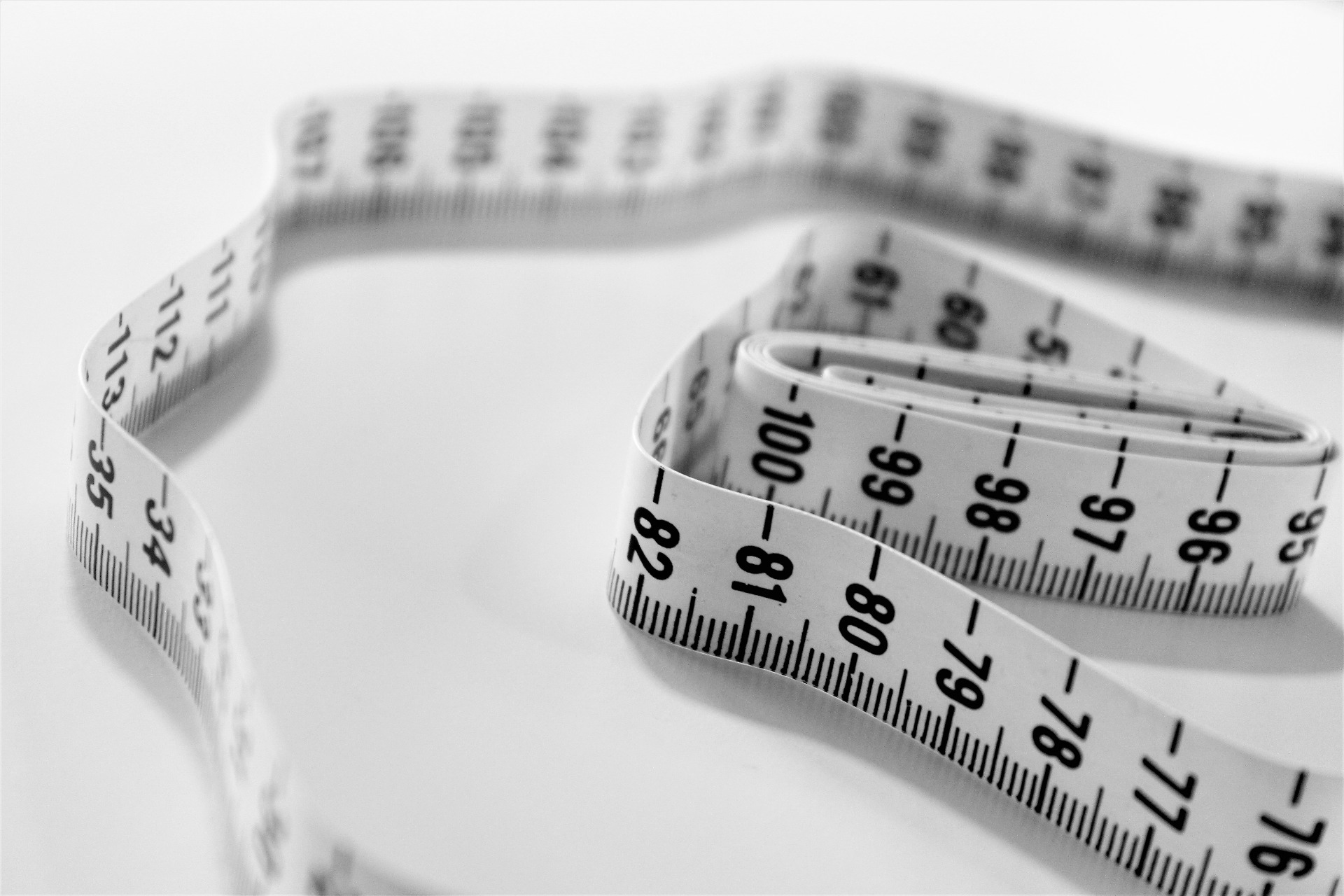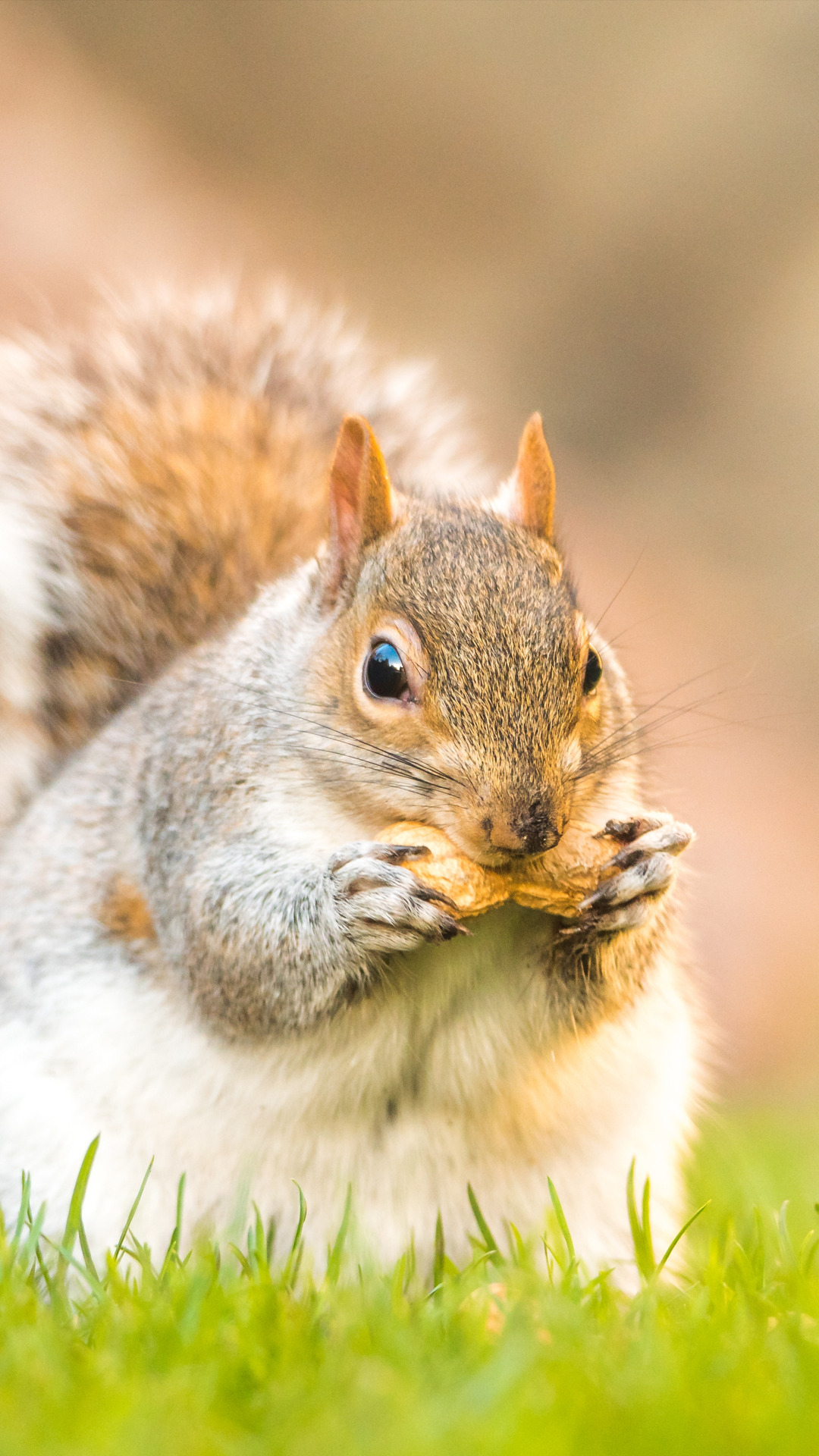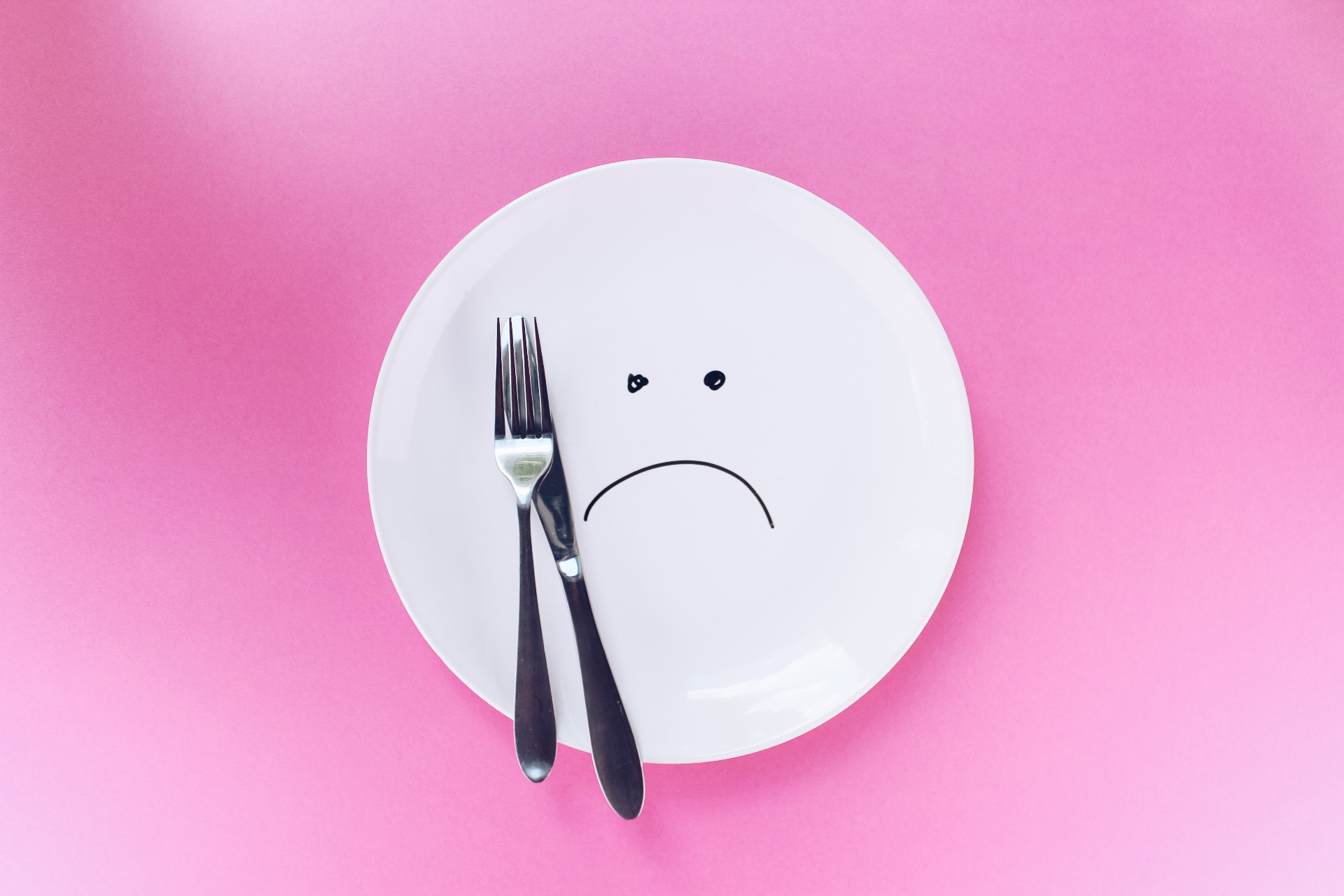To eat or not to eat-Food guilt and how to overcome it
"Do not eat that cookie. Do NOT eat that cookie. Under no circumstances are you allowed to eat that cookie," you whisper under your breath. Two minutes later you eat that delicious chocolate chip cookie. Your body intakes the carbs and starts digesting. Dopamine from chocolate hits you in the brain. You feel that priceless pleasure, as the cookie melts in your mouth. Then it is over. And the torture begins.
"Why did I eat that cookie? I have been trying to diet for two weeks already. Another failure. Just like myself." These thoughts keep spinning in your head until you can barely hear anything else.
With the rise of the mighty internet and social media, perfectionism rocketed to a whole new level. In the race for the fulfillment, many including myself began associating rocking bodies with happiness. Thus, began the endless cycle of diets, losing and regaining weight, measuring sizes, counting calories, and controlling every single thing that enters our system. With all this control, the rebellion of cravings was inevitable. We tried to refrain from yearning but failed times after times. And then we felt terrible for it - food guilt was born.
Guilt is a soul-crushing feeling. It stalks us in the darkest alleys of our minds and robs us of self-esteem and happiness. One of the reasons why food guilt, in particular, is so horrendous is the fact that it is often wrongly associated with the lack of willpower. "If only I was stronger, I could have stopped my cravings. I have surrendered once again." Feeling weak has detrimental effects on the confidence level, exactly as feeling defeated. The science, however, speaks against food guilt.
Firstly, overeating is not associated with a lack of willpower. It might seem like you are in control of your appetite and you can easily suppress it, but you are not. What is in control of your appetite is an intricate interplay of hormones and peptides. We are going to look at the two most important ones - leptin and ghrelin.
Leptin, or otherwise known as "satiety hormone", is released by fat tissue to indicate that we are full. As its name states, this hormone suppresses the appetite and promotes exercise ("Enough with that spaghetti, buddy, let's go for a jog," says leptin in a fancy Italian restaurant). Having an important role in many diseases such as anorexia, Alzheimer's and depression that are associated with low levels of leptin, the hormone plays a big role in obesity with something known as "leptin resistance".
Like many other hormones, leptin works through binding to receptors in our brain. Unfortunately, hormone-receptor bonds are far from stable - receptors can suddenly become unresponsive to hormone's messages (just like that guy from Tinder that ghosted you last week). Leptin, understandably heartbroken, begins circulating aimlessly in the blood at a high level, never reaching through to the brain. Thus, the body feels like it is always starving. Additionally, the brain decides that the food is not coming and goes into an energy-preservation mode, discouraging excessive physical activity like working out.
On the other end of the spectrum is the nemesis of leptin - ghrelin. Being secreted by the stomach, it stimulates the appetite. Basically, it is a molecular equivalent of someone screaming "Dinner's ready" from downstairs. Fun fact - it is present in higher levels in females. Suppressing ghrelin consciously is not known to be possible.
Another interesting research states that it is not only our organism that is responsible for our appetite, but also bacteria living in it. Apparently, microbes can secrete a modified hormone that convinces our brain that we are still hungry, so they can keep eating! What. A. Betrayal.
All in all, we keep eating and eating, not understanding why we cannot simply stop, after all, we do want that bikini body. The answer is simple - it is not up to our rationality to decide whether we are full or not. It is not a question of our willpower. Thus, there is no reason to blame yourself for munching that donut.

But there is also a psychological reason why you just had to eat that bag of chips. Interestingly, guilt is known to increase pleasure. Just think about how good it feels to do something forbidden, to smirk and break the rules. Who knew that the same rebellion applied to cravings. The more you forbid yourself from eating that cake, the better it would feel when you take a bite. For just a brief second. Followed by hours of tormenting yourself. But hey, give yourself some credit, it is hard to trick your brain.
The simple solution to this is giving in to cravings. There is no big harm is having food that does not work with your nutrition of choice every once in a while. Despite the popular belief, you are not what you eat. Eating cucumbers and yogurts the whole day does not make you a better person, same as binging on pizza does not make you bad one (unless you eat my half of the pizza, in that case, you are a monster). So let go of that fear and eat a bit of "nasty". As long as it does not become a habit, it is perfectly normal and can have long term effects in reducing cravings and avoiding breaking loose and binge eating the sadness away. Think about it, that precious chocolate bar in the fridge is not as precious when you know you can have a piece of it whenever you want.
Sadly, by experience, I know that it is easier said than done. Guilt is very hard to break away from. I do have certain tricks up my sleeve though.
Firstly, I try to be as rational about it as possible. A perfect body is no guarantee for happiness, even more, it has little to do with fulfillment. Choosing a healthy diet should have purely selfish motives - not for abiding by society's standards or facing peer pressure. So, as long as I know that eating healthy was my choice for myself only, a little treat does not seem so scary anymore.
In other cases, when I cannot stop eating, I use another trick to avoid overeating and it is taking it slowly. Ghrelin, the hormone of appetite, usually has a hard time catching up when I am stuffing my face with chicken nuggets at the speed of light. Therefore enjoying the meal little by little and actually using those knife and fork proves to be useful. Besides, in that case, our brain has time to form memories of us eating and the longer this mental videotape, the more it thinks we ate.

And lastly, dear human being, know that you are beautiful. I know it might be hard to believe right now and has been overused by body-positivity movements, but it is true. We are all different - just remember my favorite lovely genetics. We have different body shapes, metabolisms, hormone levels and, coming into this world with different starter packs, it makes no sense to compare ourselves to each other. Caring for your body involves tremendous self-love and acceptance. After all, don't we care more about what we love?

P.S. "I'm not crazy about reality, but it's still the only place to get a decent meal" - Ernest Cline from "Ready Player One"
